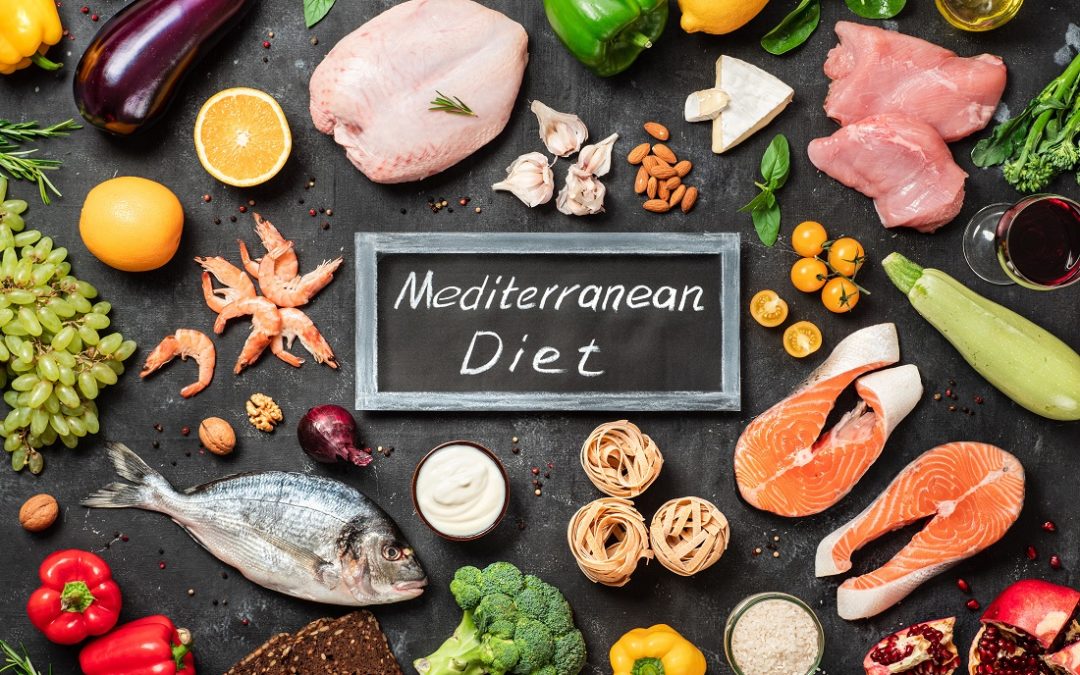The Mediterranean diet is a way of eating that is based on the traditional foods of countries bordering the Mediterranean Sea, such as Italy, Spain, and Greece. This style of eating has been associated with numerous health benefits, including a reduced risk of heart disease, diabetes, and obesity. However, as with any style of eating, there are some dos and don’ts to keep in mind in order to get the best health benefits out of the Mediterranean lifestyle.
Here are some key dos and don’ts of the Mediterranean diet:
- Do focus on plant-based foods: Fill your plate with a variety of fresh fruits and vegetables, whole grains, legumes, and nuts. These foods are packed with vitamins, minerals, and other nutrients that are essential for good health.
- Do include healthy fats: Choose olive oil as your primary source of fat, and incorporate other sources of healthy fats such as avocados, nuts, and seeds into your diet.
- Don’t eat processed and packaged foods: These foods are often high in added sugars, unhealthy fats, and sodium, and can have negative effects on your health. Instead, opt for fresh, whole foods whenever possible.
- Don’t eat a lot of red and processed meats: These foods are often high in saturated fat, which can increase your risk of heart disease and other health problems. Instead, opt for lean sources of protein such as chicken, fish, and plant-based proteins like beans and lentils.
Overall, the Mediterranean diet is a healthy and delicious way of eating that has been associated with numerous health benefits. By following these dos and don’ts, you can enjoy the benefits of this diet while avoiding potential pitfalls.


